Anyone who works in college marketing knows that there is nothing more inspiring than a good student success profile. Unfortunately, you also know the pain of rambling subjects and 1-hour interviews that don’t give you the right details.
This post is here to fix that. What I’m about to give you will not only reduce your interview time to less than 30 minutes, but it will also help you get the answers you need to tell a story that truly engages and inspires.
In a previous blog, I talked about why failure is the key to any student success story. If that’s news to you, I suggest you read it. It will provide useful context to the interview questions I provide below.
The important thing to remember is that student success stories have a marketing goal. In addition to telling an engaging story, the real purpose of a student success story (from a marketing standpoint) is to showcase the college’s role in that success. (To borrow a concept from Donald Miller’s Storybrand framework, this means telling a story in which you are not the hero, your student is. (Read more on the Storybrand framework,)
To do both well, you need to ask the right questions. Now, don’t get me wrong, I’m a big fan of letting interviewees vamp and discover the story as they talk. But I’m also a fan of being efficient and effective. With the right questions, you can do both.
Here are the questions I ask when interviewing for a student success profile.
The Beginning
Question 1: Tell me about your life before coming to college.
Storytelling Purpose: Gives you backstory and them a chance to warm up to talking about themselves. Just don’t let them go on too long.
Question 2: Before coming to [your college name], what were some of the major obstacles standing in the way of your success and/or education?
Storytelling Purpose: Establishes what the student wants and needs, and what is at stake – without this the reader won’t care if they succeed or fail.
Question 3: What was the key event or realization that made you decide to go for it?
Storytelling Purpose: Highlights the hero’s emotional turning point.
The Middle
Question 4: Why did you choose [your college name here]?
Storytelling Purpose: A chance to provide practical value propositions in the words of the student.
Question 5: Why did you choose your program and what do you like most about it?
Storytelling Purpose: Same, just more specific to the program. NOTE: In the profile, this is a perfect segway to an informational paragraph about the program itself.
Question 6: Since starting your education, what are some obstacles you have faced and how have you overcome them?
Storytelling Purpose: Failure is key! Real people face real challenges. The more specific you can be, the more universal your story will become.
Question 7: How has the college’s staff or services helped you overcome these challenges? Is there a specific interaction or experience that comes to mind?
Storytelling Purpose: Yes, the students are the heroes, but the hero never succeeds without a trusted guide and mentor – that’s you! In a profile, this is really the climactic moment where we see how the student has slayed his/her/their dragons (with your help) and is now charging towards a future full of possibility.
The End
Question 8: Do you have a favorite class, professor, or staff person? If so, who/what and why?
Storytelling Purpose: A feel-good question to humanize your college and inch us towards the happy ending.
Question 9: What are your future career and/or educational goals?
Storytelling Purpose: For the student, finishing college is not where their story ends – it is really just the beginning.
Question 10: How has your experience at [your college name] changed you?
Storytelling Purpose: All stories are about change. Try to get a quote that articulates that clearly.
Question 11: If you had to convince another student like you to go to college here, what would you say?
Storytelling Purpose: Some final inspiration to drive home the point of the profile.
Even just reading these questions, you should get a sense of a story that feels complete, engaging, and inspiring.
BONUS! If you’ve done this well, you will also have a solid selection of student testimonials/quotes that you can repurpose across other materials.
Before anyone says this template will create cookie-cutter stories that all feel same, you’re wrong. Sure, they’ll all follow a similar pattern, but that’s because all good stories do. As long as you’re being specific to the student’s lived experience, you will have a story that is as unique as it is universal.
What you use and how you use it is of course where the art and craft of writing comes in. But these questions are a great way to set yourself up for success and ensure that when it comes time to write, you will have everything you need to tell a story that is as inspiring to you as it is to your readers.
How Sharing Student Stories Can Create Visibility and Break Down Stigmas


